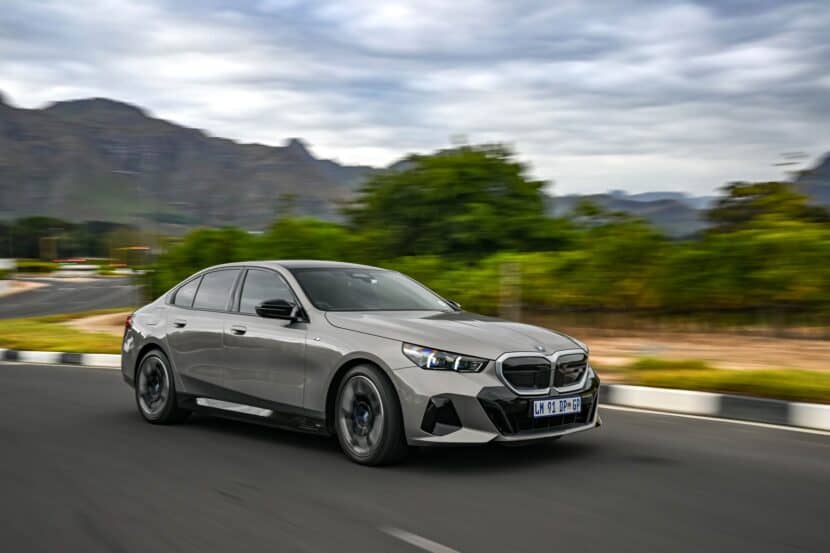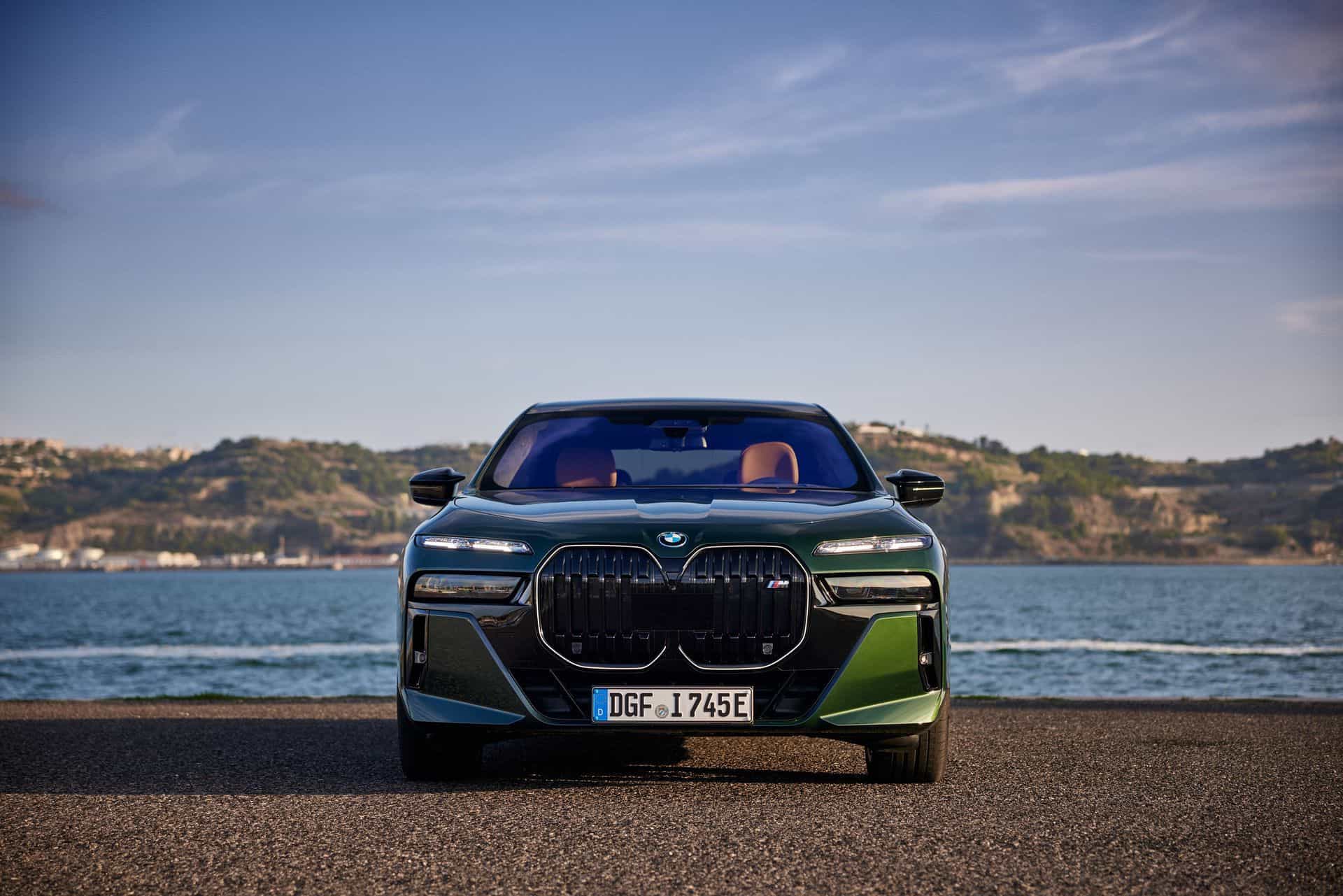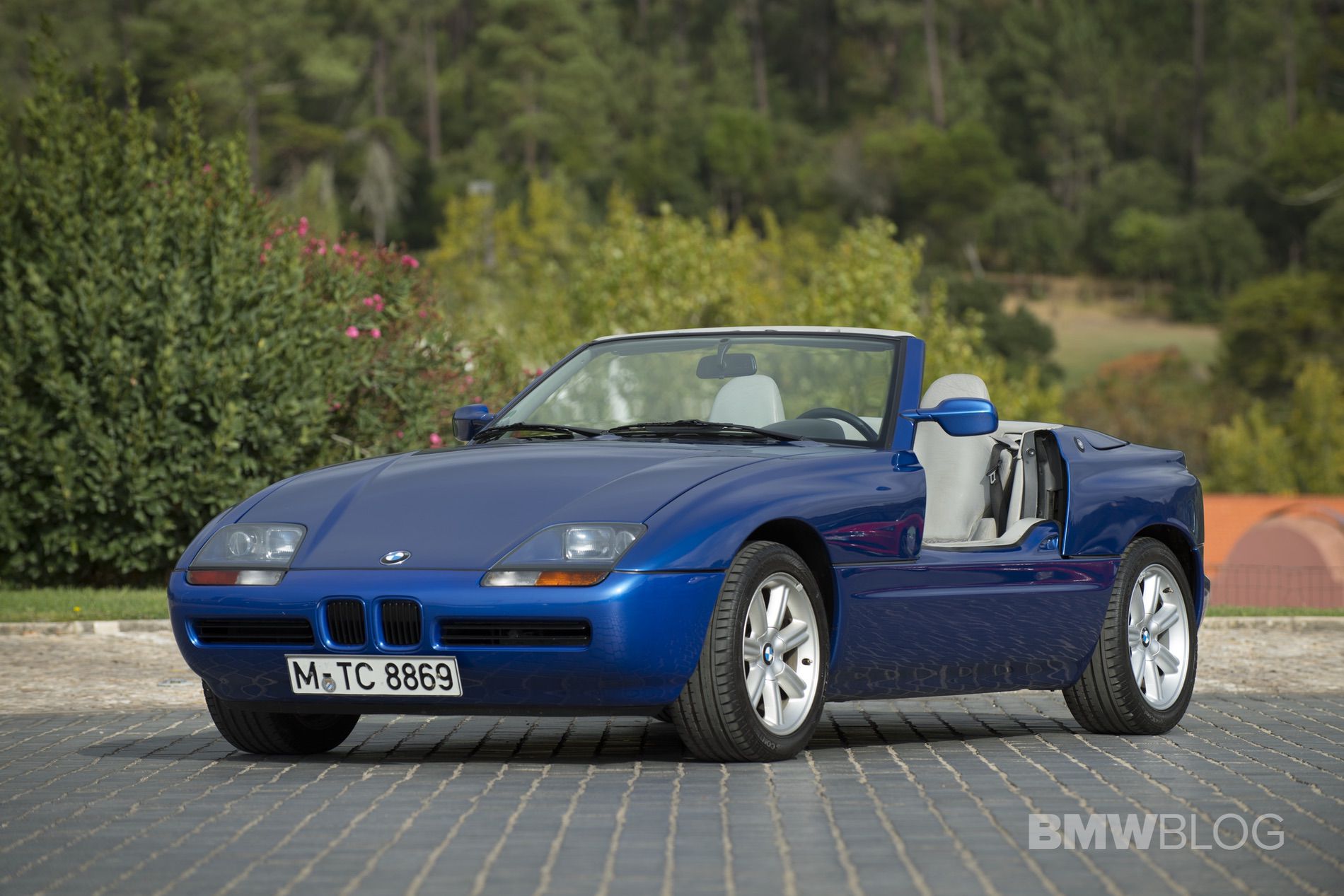Electric vehicles promise lower running costs—but what about resale value? We compared depreciation rates of BMW’s top electric models with their gasoline counterparts to find out which ones hold their value best.
BMWs are (generally) excellent to drive. But as a luxury marque, it’s impossible to ignore the fact that a BMW vehicle will, at least early on in its life, depreciate more than something from a more economy-minded automaker like Toyota or Honda. A common criticism of electric vehicles, similarly, is that they depreciate quicker than their gas-powered counterparts. We pull some data from iSeeCars, an automotive research firm specializing in resale value trends and vehicle analytics, to see how BMW EVs hold their value, and compare them to their ICE versions.
BMW i4
The BMW i4 depreciates by 49.4% over the first three years of its life. In the next two years, the data shows the car drop a total of 68.1% of its value. The standard, gas-powered 4 Series drops 33.1% and 57%, respectively, in the same time frame.
BMW i5
The regular, gas-powered BMW 5 Series sees pretty steep depreciation. In three years, the car loses 43% of its value, and after five years, the car has lost 61.4% of its original MSRP. Meanwhile, the all-electric BMW i5 sees even greater losses. In three years the car has lost 57.7% of its value already. By year five, the i5 has dropped nearly three-quarters of its value, a whopping 73.6% and on average $49,394.
BMW i7
Sadly, the adage “the bigger they are, the harder they fall” continues to prove true when discussing MSRPs of new vehicles. The regular 7 Series is a known quantity when it comes to depreciation. Three years after driving off the lot brand-new, the 7 Series loses 52.1% of its value. After five years, the car has lost 66.4% of its original cost. The i7 bears this burden even worse. In three years, a BMW i7 loses 61.6% of its value. Five years brings that number up to a ludicrous 77%. The average $81,411 of depreciation is more than the base MSRP of any other BMW EV.
BMW iX
The BMW iX is an interesting outlier in the current BMW EV lineup because it doesn’t have a gas-powered equivalent. But it suffers similarly in the depreciation arena, losing 52.3% of its value in the first three years and 70.5% after five. Probably the closest comparison we can draw is to the plug-in hybrid version of the BMW X5. The X5 hybrid fares significantly better, losing 42.2% of its value in three years and 58.4% over five years.
Which BMW EV Holds Its Value Best?
Unfortunately, no BMW EV holds value particularly well. But there has to be a winner, and in this case, the model that depreciates the least is the BMW i4. Chalk it up to the car having the lowest MSRP — and therefore the shortest cliff to fall off, as it were. We’ll be watching to see how the Neue Klasse release affects some of these resale values. And, whether or not Neue Klasse EVs will depreciate as steeply as their forerunners.
Data from iSeeCars




























































